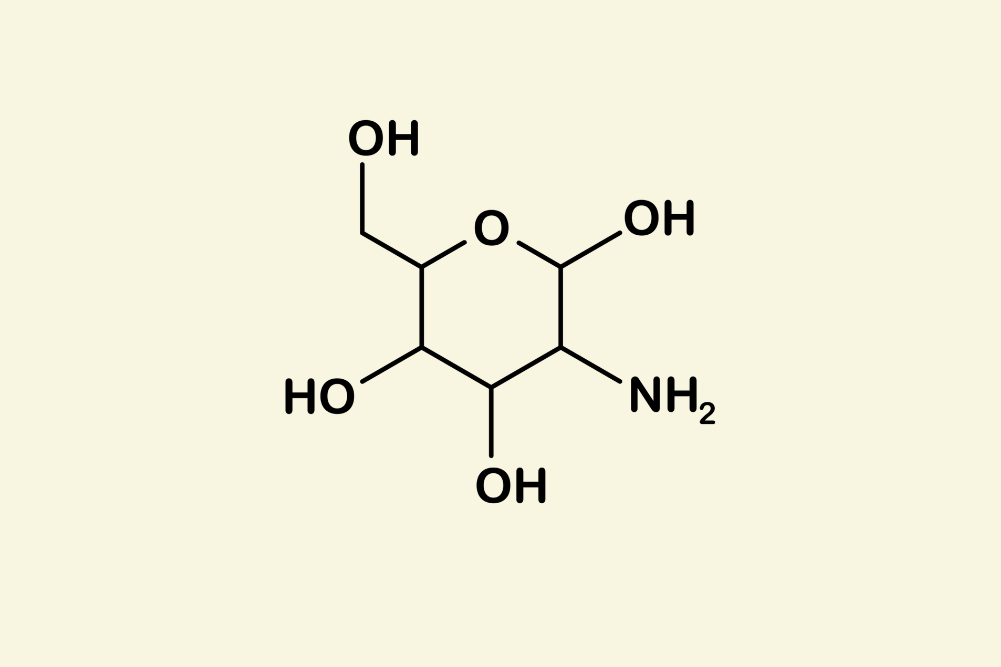The weight-loss reality
Thin people think those who are horizontally challenged need to exercise more and eat less. I know because I used to be one of them. Now I’m the guy who’s exercising as much as I can and eating a whole lot less, and I’m here to tell you it’s not that easy. There was a time when it was, and I could just eat one less muffin, suck in my stomach and I’d look convincingly unencumbered. Now, breathing makes me paunch up, which is a concern, as it means I could be heading towards joining a demographic that now occupies the lion’s share of the population.
Those who are overweight or obese now make up 60 per cent of the population of this once svelte land, with the number of obese Australians more than doubling in the past 20 years. What’s worse, if I continue expanding at my current rate, I’m going to start costing the state money. In 2008, the tab was upwards of $8 billion and, as the incidence of diseases such as diabetes, heart disease, osteoporosis, arthritis and cancers, all consequences of being overweight, escalates, aside from the human devastation, the financial ramifications will be calamitous. And there aren’t going to be any thin nations muscling up to bail us out. All of which provided the rocket fuel that propelled me into immediate action.
The science
As it turns out, the science, which instructs all of us burgeoning Baby Boomers, who are metabolically and hormonally placed on the wrong side of 50, as well as the rest of the population, who are struggling to unload mounds of unwanted kilos, about the most efficient way to lose weight naturally, doesn’t make for encouraging reading.
Whatever weight-loss diet you embrace, studies show that the best result you are looking at after six months is an unimpressive eight kilos. After two years, this achievement shrinks to a paltry five kilos, usually even less than that. Aside from restricting calorie-dense, often deliciously tempting foods, that are paraded seductively on shows like MasterChef with tantalising regularity, there is that other pastime that very few of us honestly enjoy.
If you want to achieve significant weight loss through exercise alone, you are looking at 60 minutes of moderate to vigorous activity five to seven days a week. This means driving your pulse up to 120 beats a minute and keeping it there for the most part of the hour. A maintenance program would involve reducing exercise time at the same intensity to 30 minutes, but you’d still have to commit to the mandatory five to seven days.
However, in the long term, this wouldn’t provide you with much more than the five-kilo loss you’ve managed with diet. No wonder restricting carbohydrates and fats, going nowhere near MasterChef specials and pushing my exercise regimen to the limit didn’t do much to lower the dial on my bathroom scales.
Supplements
What about weight-loss supplements? Could they provide fat cells with an effective exit strategy? The best candidates are green tea, capsaicin derived from chilli peppers, white-bean extract (also known as Phaseolus vulgaris), and glucomannan, a form of fibre. Resveratrol, every supplement proponent’s promotional dream, when it comes to its purported capacity to prevent heart disease and cancer as well as cement longevity, enjoys a cameo by helping obese mice to lose weight and, acting synergistically with quercetin, genistein and vitamin D, to stimulate weight loss in aged rats minus their ovaries. What we don’t yet know is how effective this treatment is going to be in humans.
The downside of supplements is their effects on weight loss are modest. For those who need to lose more than 10 kilos, something more herculean than diet, exercise and special nutrients might be necessary; something like the hormone produced by women when they are pregnant.
The hormone factor
Initially this might seem counter-intuitive. Pregnancy is when women put on weight and HCG is the hormone made in quantum amounts, primarily to sustain this condition. Somehow in the 50s, a British physician discovered that he could administer HCG to obese patients and watch their weight nose-dive. With the absence of any scientific evidence, HCG dropped out of favour only to be resurrected recently.
Before you get too excited, the catch with HCG treatment, however, is that it is accompanied by an ultra-restrictive, low-calorie diet weighing in at a minuscule 500 calories. Those who support HCG’s dramatic effects claim it metabolises stored fat, but it might be difficult to distinguish its impact from that of the Dickensian diet.
Not a day goes by that I don’t receive an email extolling the miraculous powers of HCG. Do an internet search on HCG and you will find countless websites documenting the successful stories of physicians and their patients who experienced considerable weight loss when nothing else has worked. The trouble with HCG’s recent resurgence is that scientific support for its benefits is still lacking.
This treatment is not without side-effects, including headaches, fatigue, irritability, male breast enlargement and a mild stimulatory effect on the ovaries. Although the dose of HCG used to generate weight loss is small, there is some evidence linking HCG with a number of cancers, but you won’t see this mentioned as a concern to be addressed on any of the promotional websites.
The final option before you throw in the towel and accept your burgeoning waistline is an array of hormones like thyroid hormones, testosterone for men and oestrogen for women, which encourage fat burning in the case of thyroid hormones and assist the function of insulin, as do the sex hormones. Although the scientific evidence is complex, with studies showing that both promoting and inhibiting the function of insulin affects weight loss, there is at least some research showing that when insulin works better we eat less and might be more inclined to exercise.
With sedentary living becoming epidemic, any metabolic event that jump-starts activity is cause for celebration. I might be struggling to lose weight but salvation might be just over the next hillock.
Dr Michael Elstein is a Sydney-based anti-ageing physician and writer. He is the author of two books, Eternal Health: The Comprehensive Guide to Anti-Ageing for the New Millennium and You Have the Power: Why didn’t my doctor tell me about this?.







